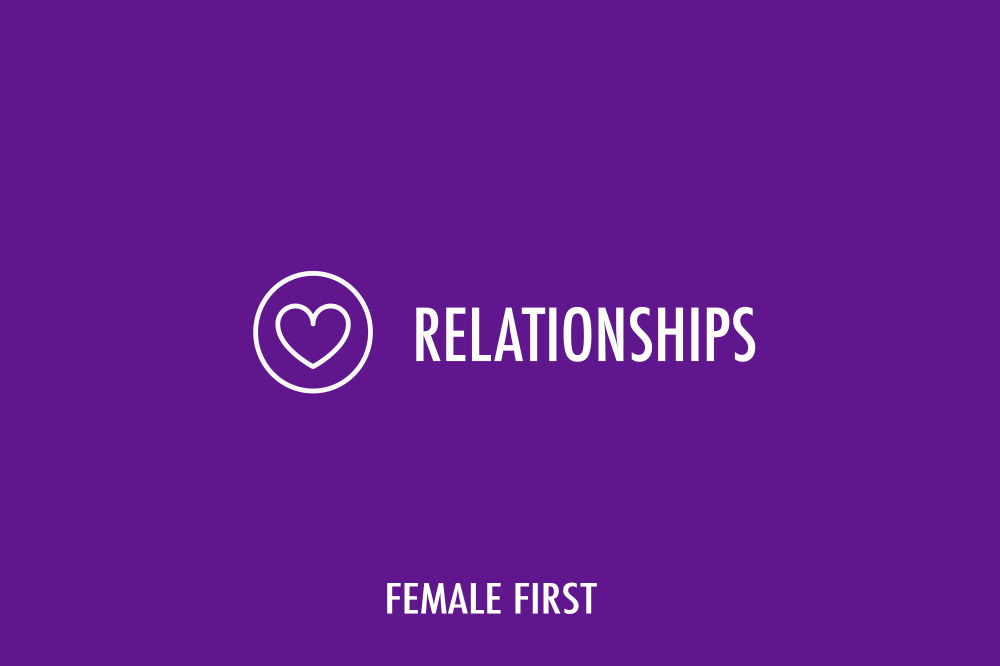By Juliet Grayson UKCP Registered Psychosexual Therapist and Author of Landscapes of the Heart: The working world of a sex and relationship therapist.

Relationships on Female First
Before I list ten tips for becoming a better listener, let's pause, and think about the demands of listening. High quality listening requires energy and attention. So let's be realistic, you are not always going to have the willingness, or the energy to offer your partner this! That's okay.
When I have spent a whole day listening to clients in my therapy practice, and I see my husband in the evening, I don't want to listen intently to him! I enjoy connecting, but in a lighter, more superficial way. We chatter, and prepare food together, exchanging news, information, ideas and banter. But neither of us offers 'whole-hearted' listening. We both know that this is not the moment for a 'deep and meaningful' conversation. However, I if I want to convey something significant I can signal to him, and he will shift to a different kind of listening. I might turn and make strong eye contact, reach out for physical contact, or be explicit and say "I've got something important to tell you. Is this a good time?"
So here comes the first tip
1) Discriminate between when high quality listening is required, and when you can listen in a less focussed way. Think about the (often subtle) ways that you and your partner signal that a more 'focussed' listening is required.
2) Be 'in your body'. We listen best when our whole being is attuned to the other person. Here is a tip to check if you are connected into your body. Place your hands on your lap, palms facing upwards towards the sky. Focus on the sensations in your palms. After a while you may notice that your palms are tingling. This is a good start. If you don't notice this, then focus gently on the difference in temperature between your hands and the air, and you may soon become aware of mild-prickling sensations. Once you have noticed them then pay attention to your feet, and see if they are tingling too. Our bodies are tingling all the time, but we are often so caught up in our head and our thinking, that we don't notice. When you want to deeply listen - connect into your body. This brings a slightly different, deeper quality of attention to your listening.
3) Quieten your mind and remove internal distractions. When conversing, many of us only hear the first thing that the other person says. Then we start thinking about our answer . They are still talking but we haven't heard that part. My suggestion is that you experiment. First, let the other person completely finish what they are saying. Then start to think about your response. Relish the fact that the conversation will be slower.
4) Experiment with surrounding your partner with an imaginary energy field. Fill it with your calm attention, your loving kindness, and keep it empty of judgement. That bubble will bring a different quality to your listening, and also help you to eliminate the external distractions.
5) Listen for the emotion behind their words. It is widely recognised that the majority of your communication is transmitted through your body language and tone of voice. Imagine someone saying in a slow monotone, whilst looking bored, "That was fascinating." You would immediately interpret that as an ironic comment, recognising that they were disinterested. The body language and the tone of voice speak volumes, and can override the words you use. Excellent listeners will pick this subtle communication up, and reflect it back to one another. For example, "You say you are sad about the election results, but you seem angry."
6) Be willing to hear something that you don't agree with and don't like, without reacting to it.
7) Step into their shoes. If it seems to you that they are having irrational feelings, take time to understand the situation from their perspective. Ask yourself, "What is going on for him (or her)." By 'listening' to the underlying issue that is behind their words you may gain new insights. If you think you have, check it out with them. "I'm curious, is it that……..?"
8) Be aware of the indicators that you are not listening: rolling your eyes, feeling bored, irritated or becoming judgemental. Some people cannot bear the feeling of their partner's pain, and instead of just listening they start (too soon, to) give advice, solve the problem, tell them that they are wrong for feeling the way they feel, or superimposing ideas on them. Unless you have listened first and your partner is ready to move onto the next stage of wanting advice or solutions, these can all be signs that you are not really willing to listen
9) If the other person repeats something again and again that is often a sign that they don't feel heard by you. Let them know you have heard them.
10) I've saved this vital tip until last. This is how to let the other person know that you have heard them. The most effective way of doing this is to reflect back what they have said. Start your sentence with, "So what you are saying is….", and use the very same words they used, with a similar tone of voice. You need to have listened, and remembered what they said. It works. They will feel heard.
ABOUT THE AUTHOR
Juliet Grayson is UKCP registered psychotherapist and author of Landscapes of the Heart: The working world of a sex and relationship therapist (Published by Jessica Kingsley Publishers July 2016). £12.99 www.landscapesoftheheart.co.uk To find a recommended therapist contact www.TheJulietGraysonNetwork.org
